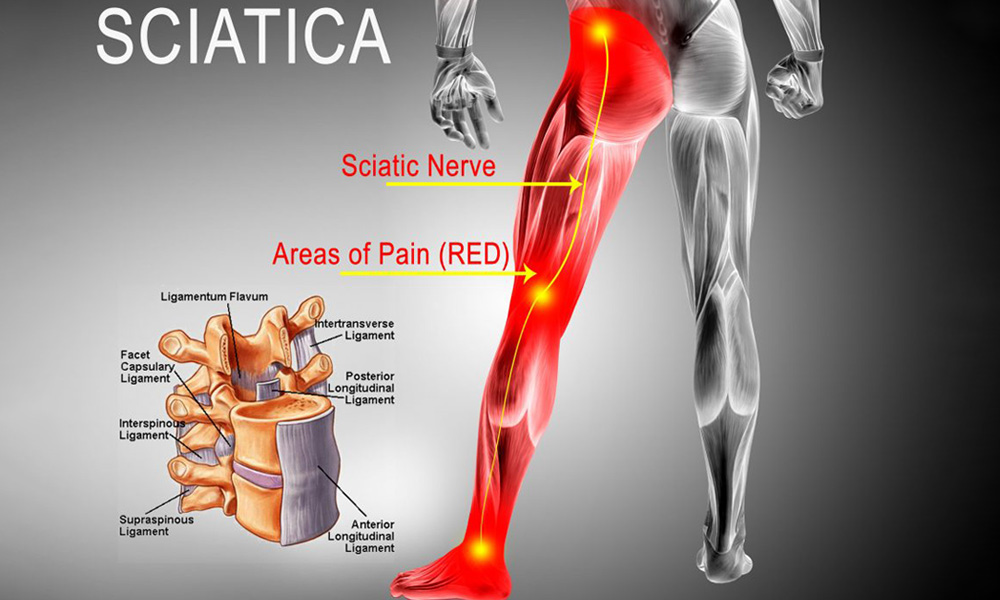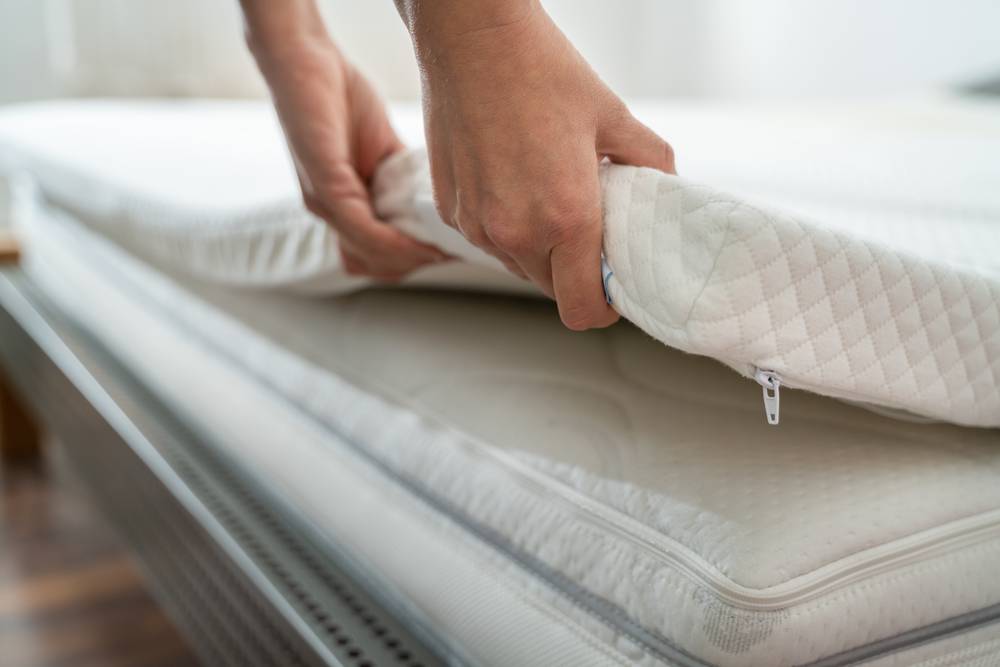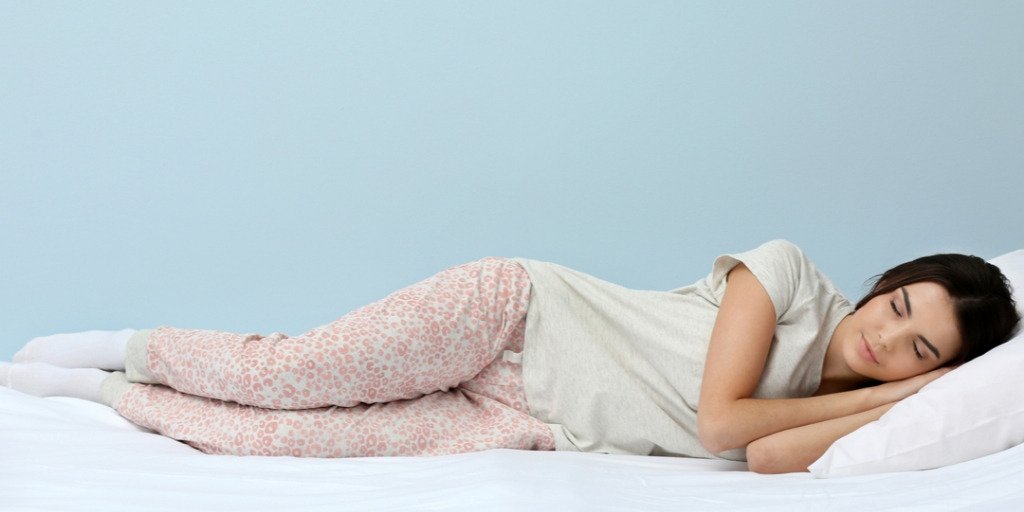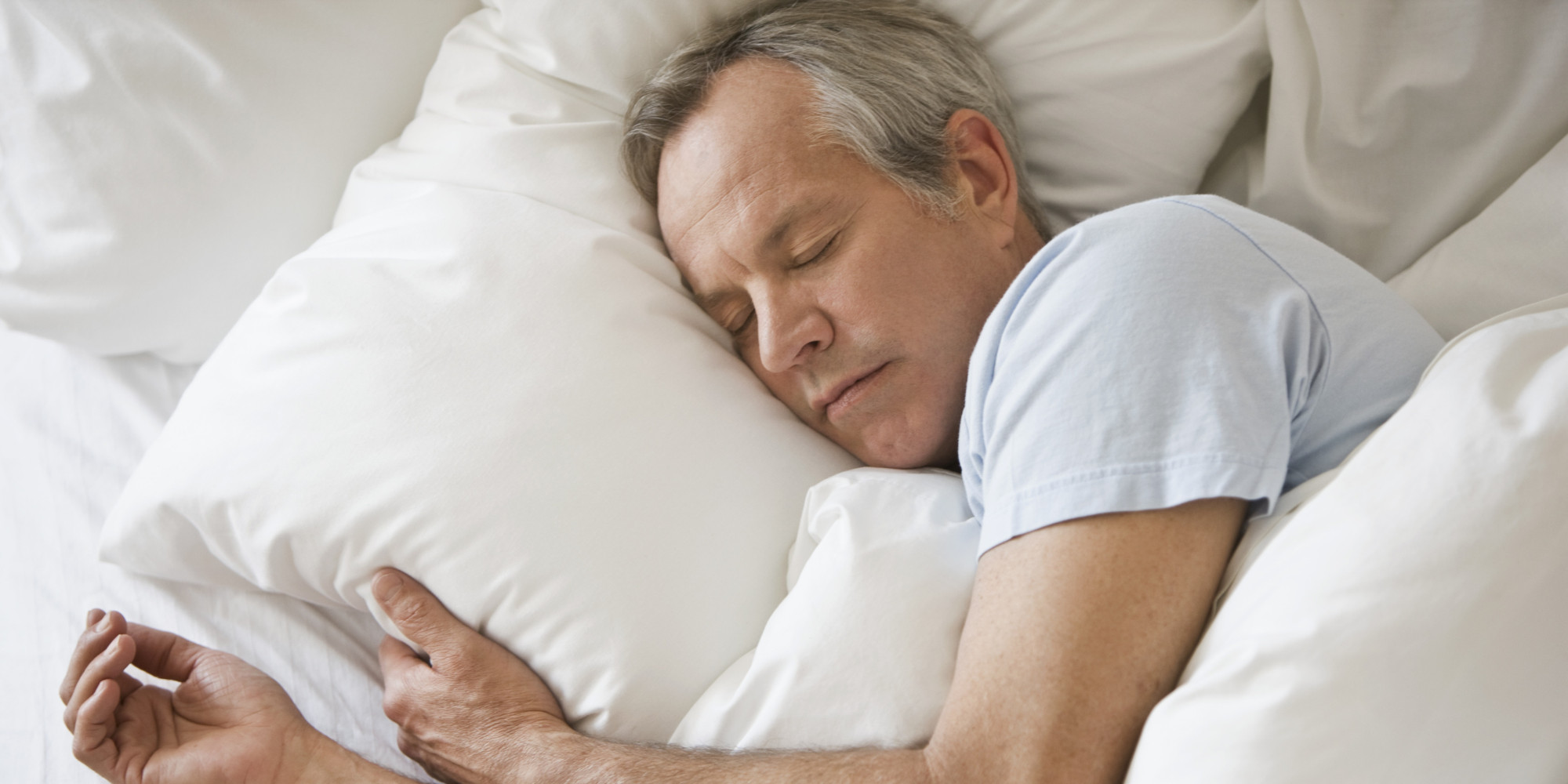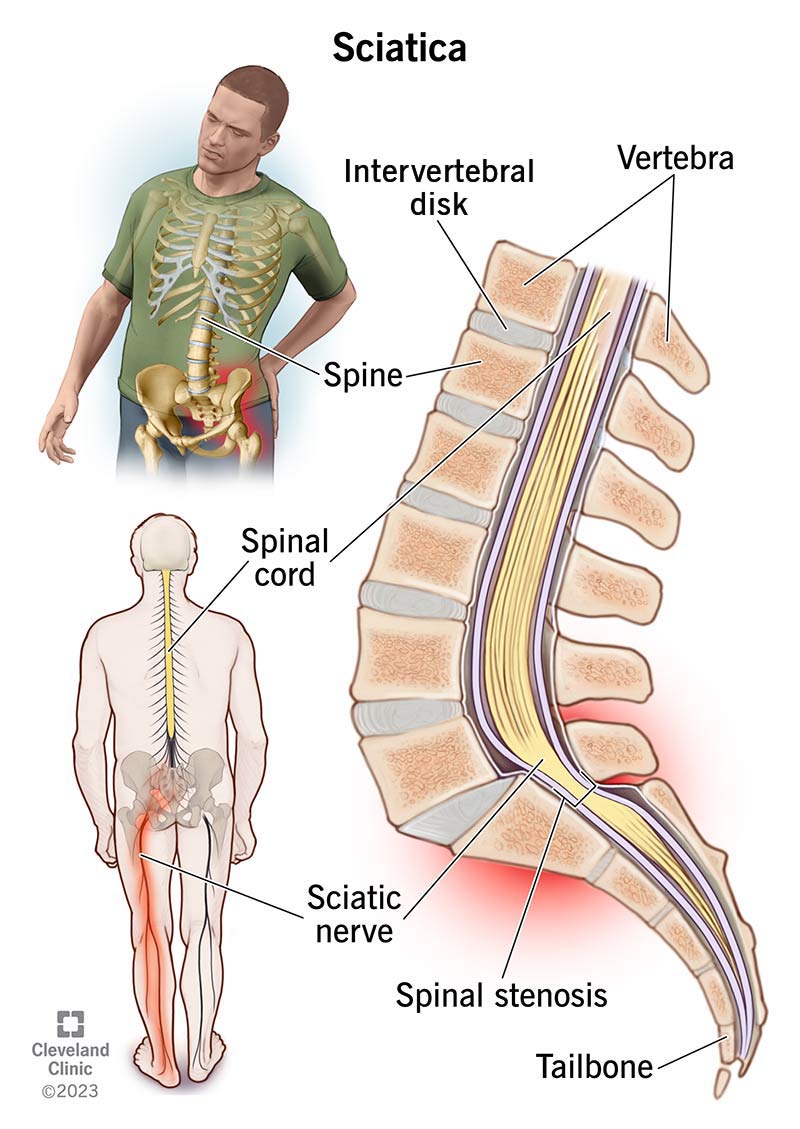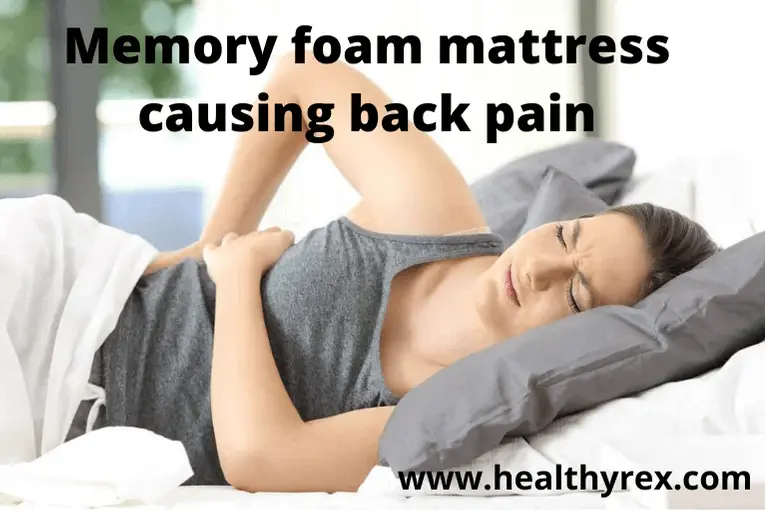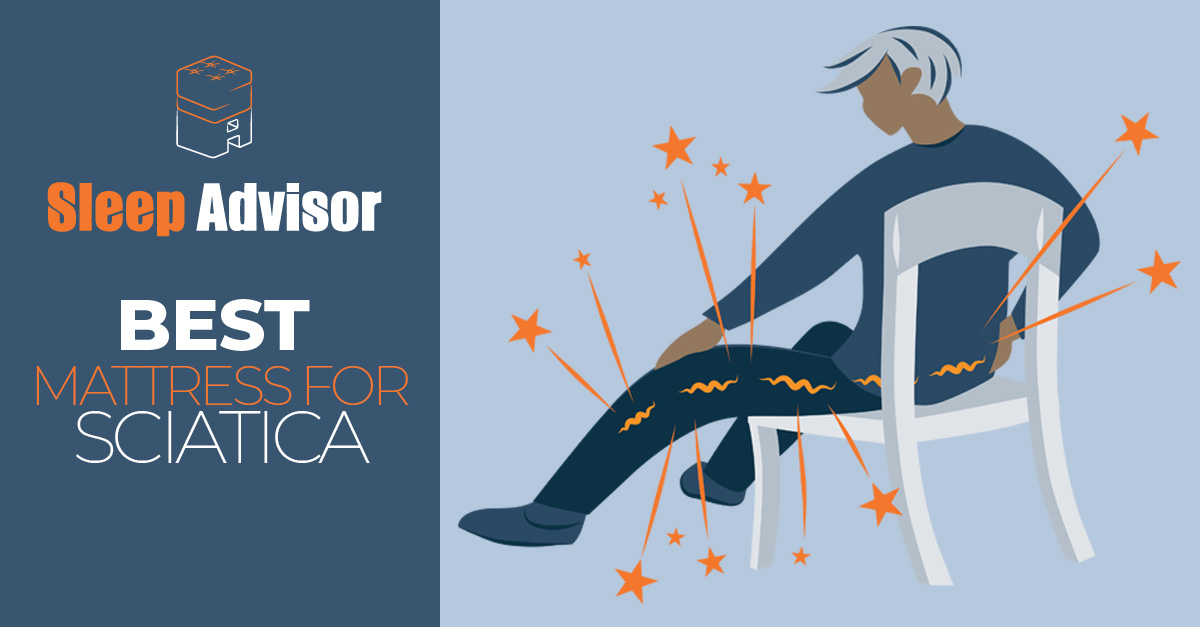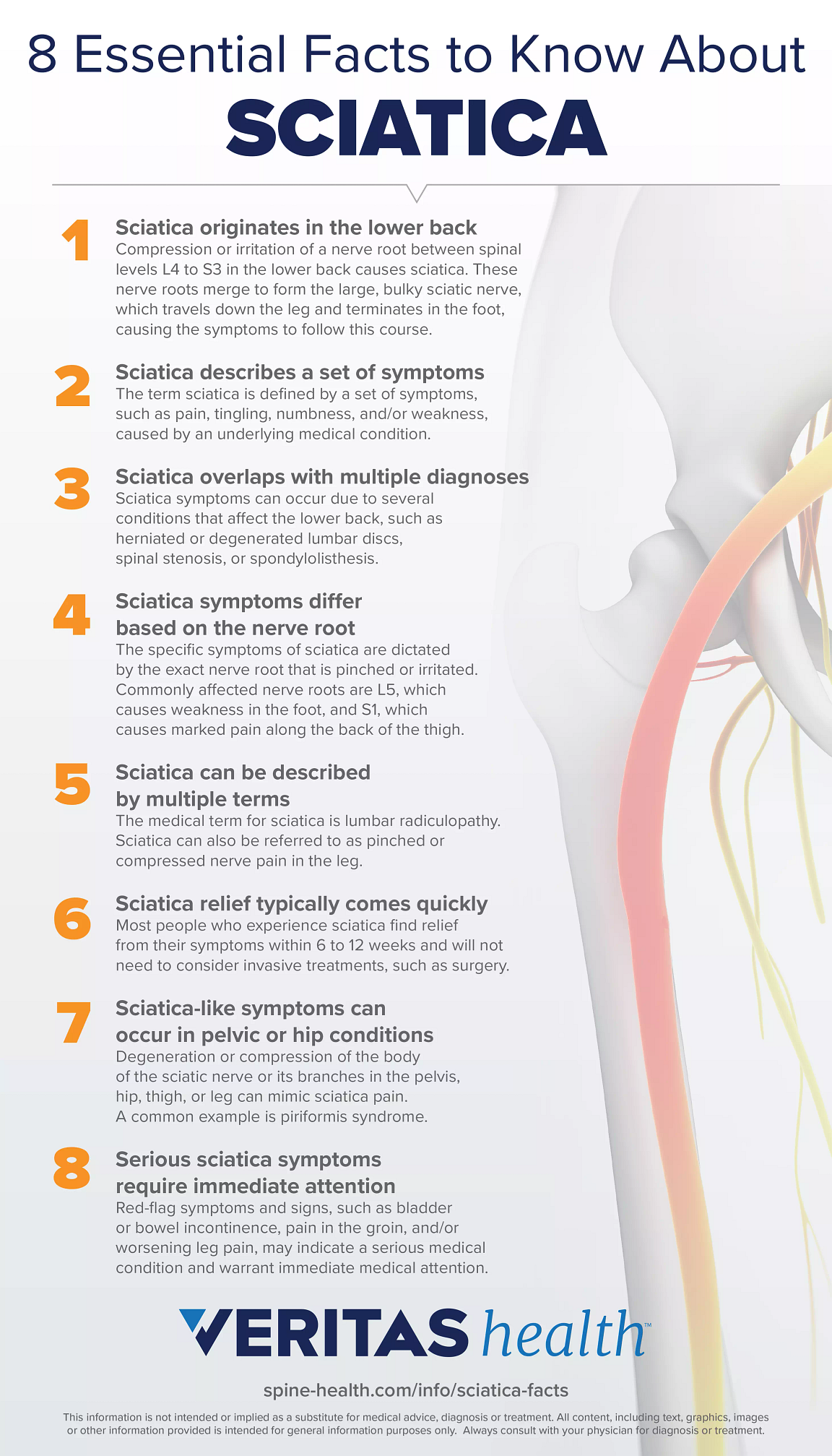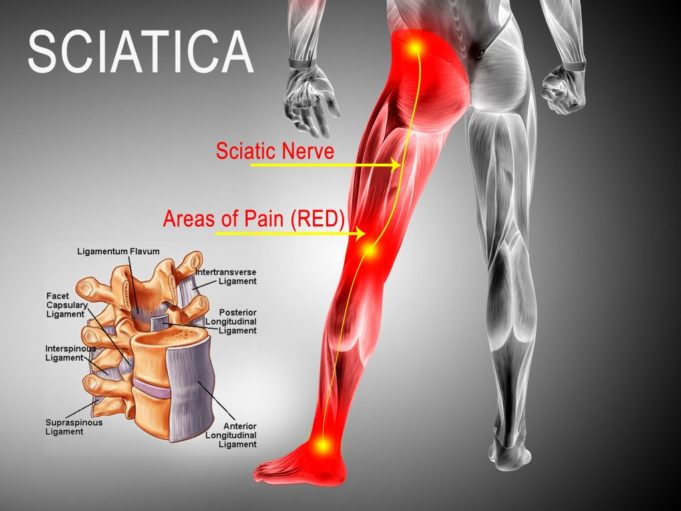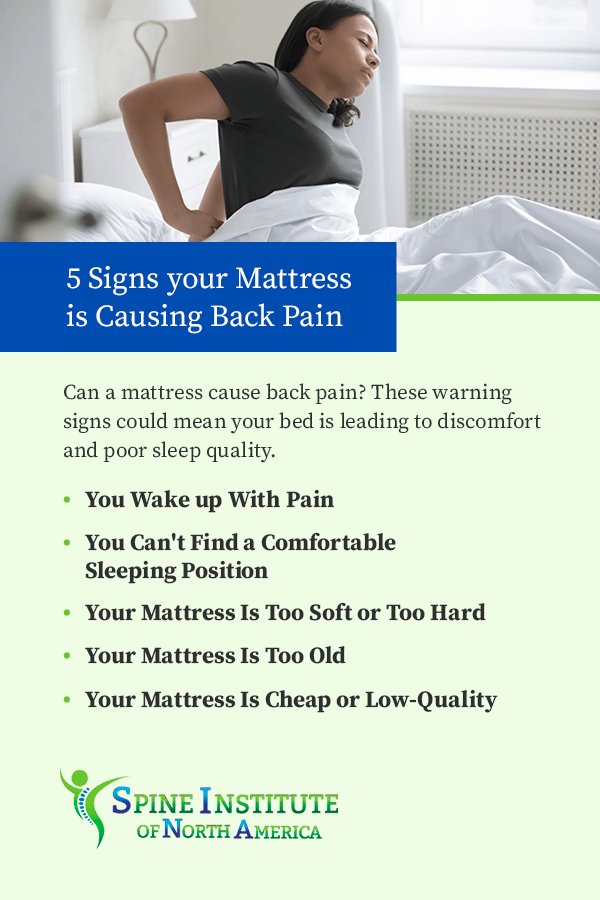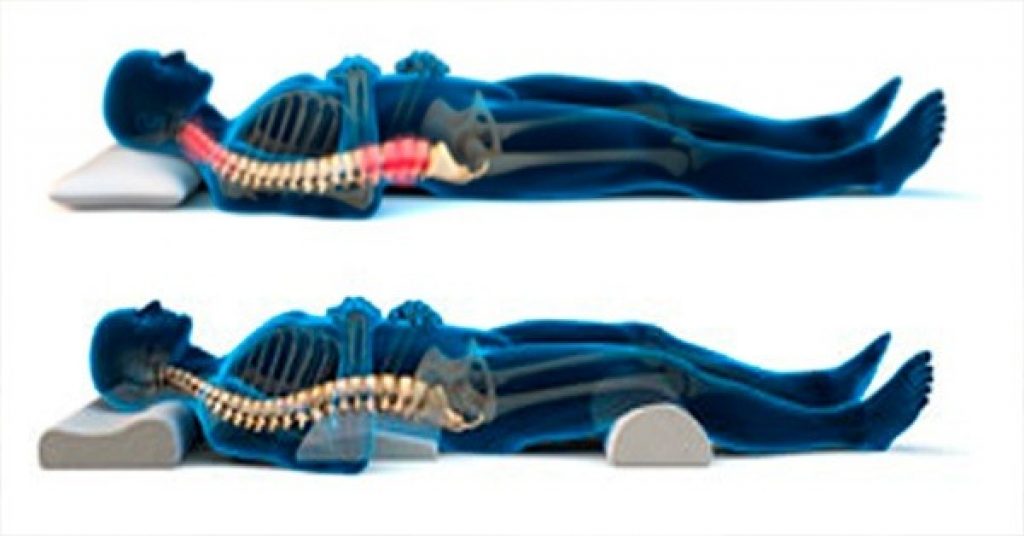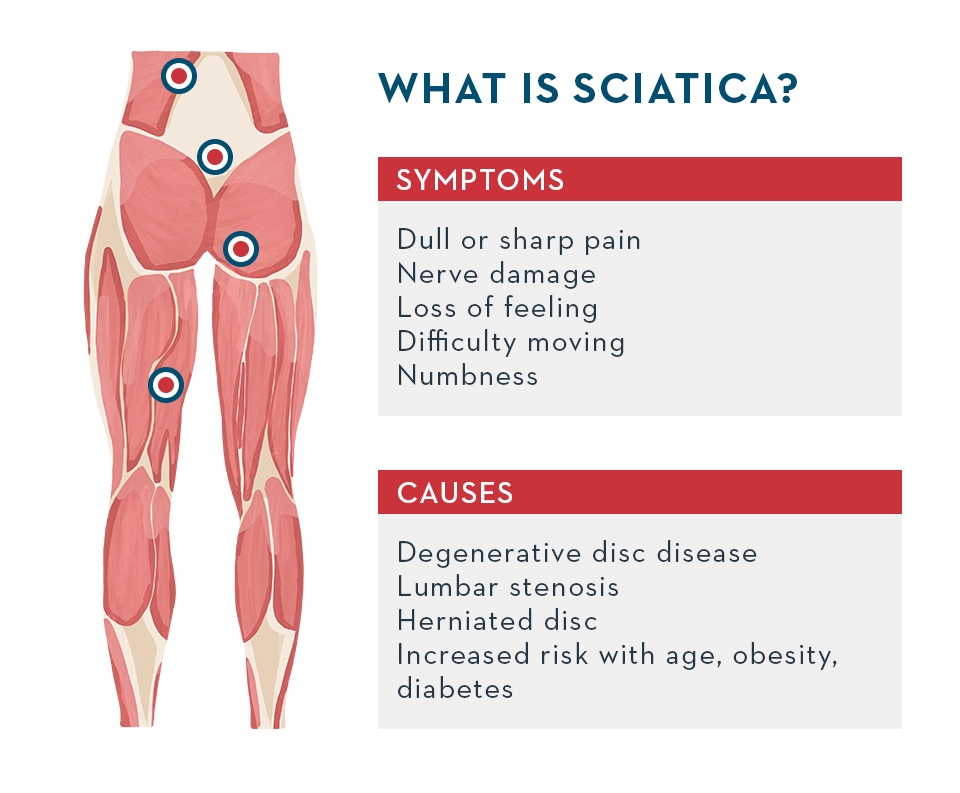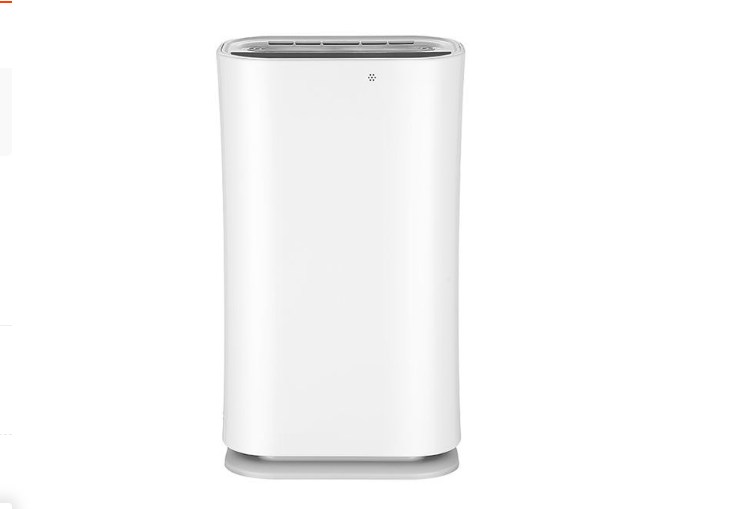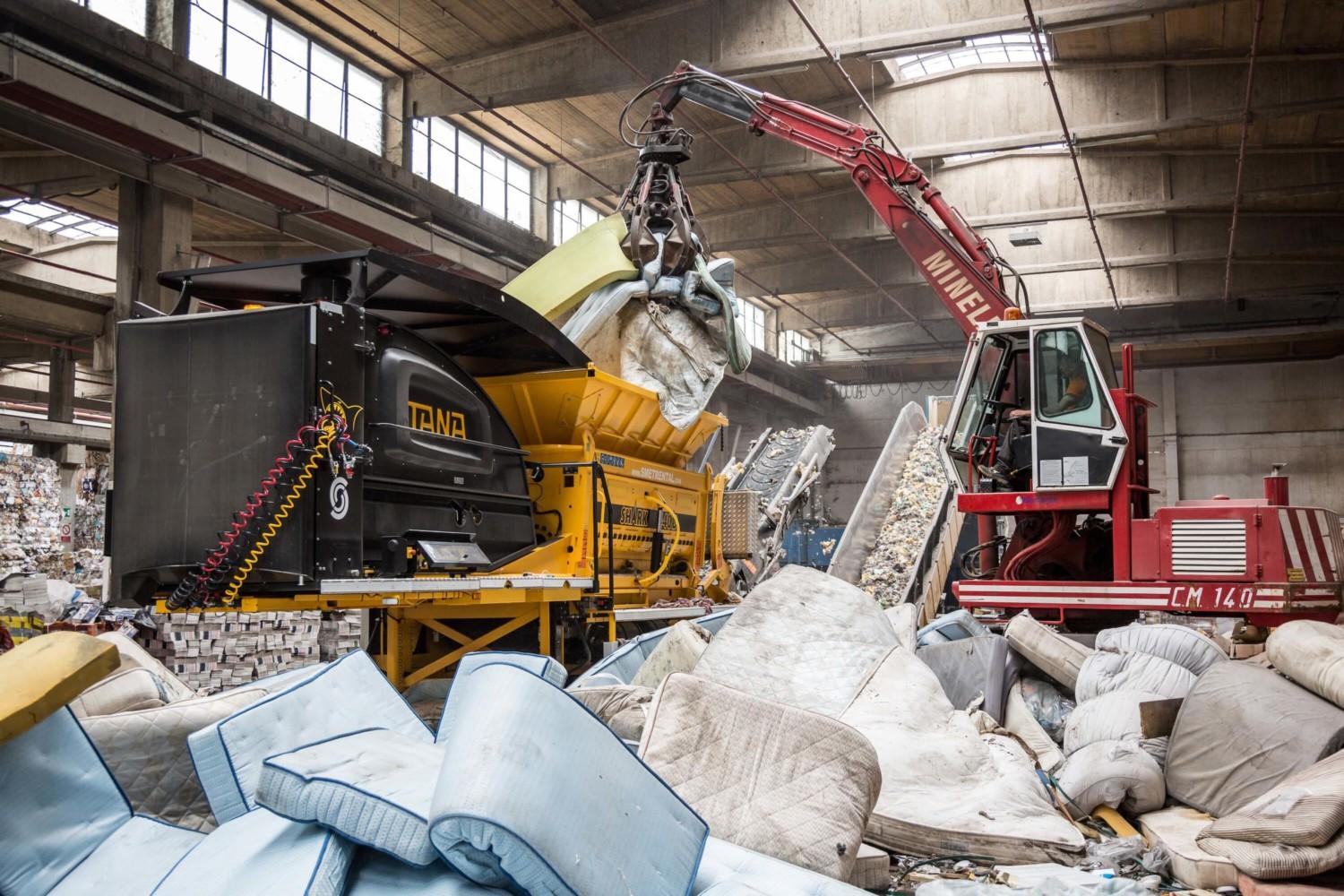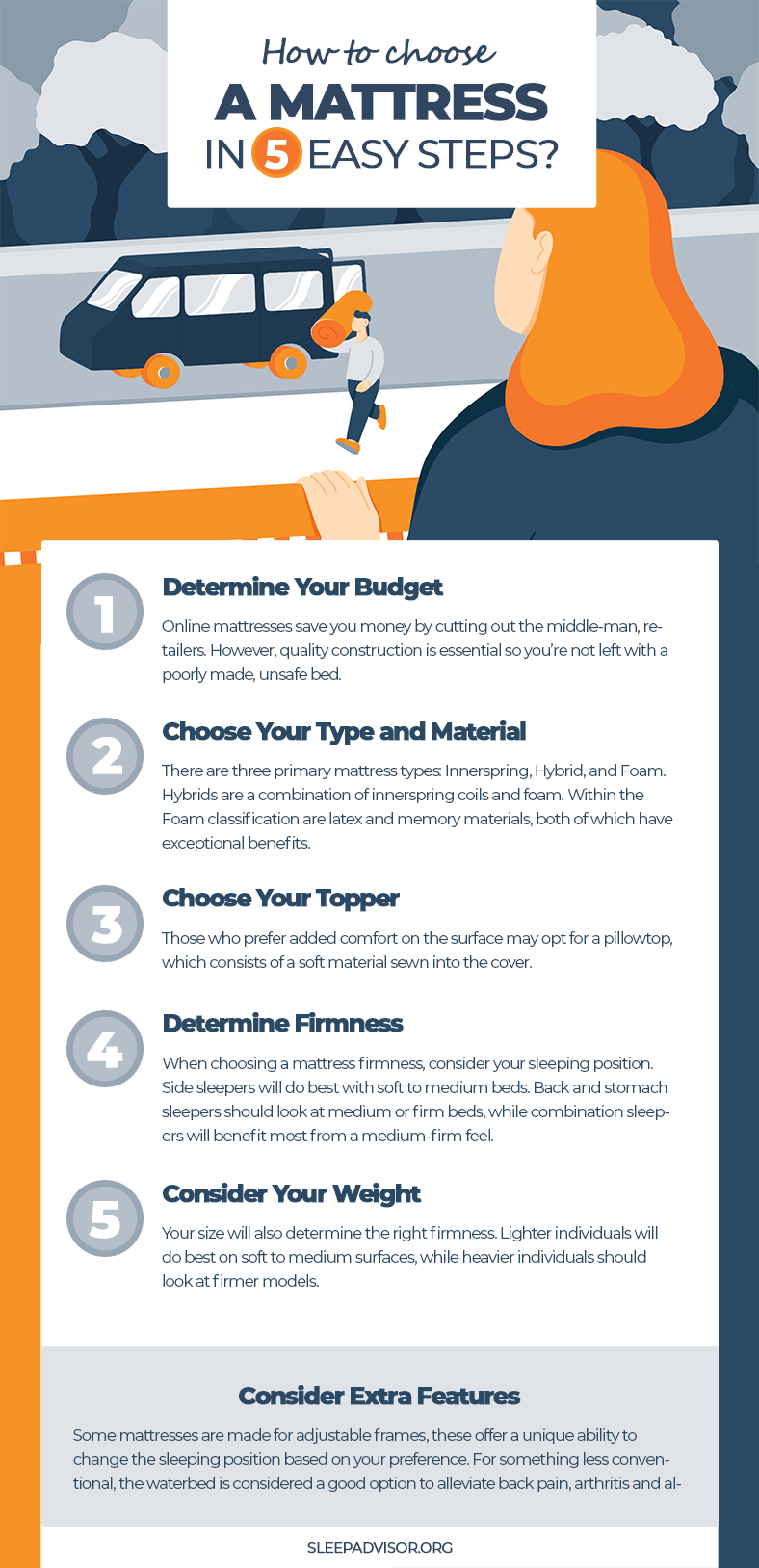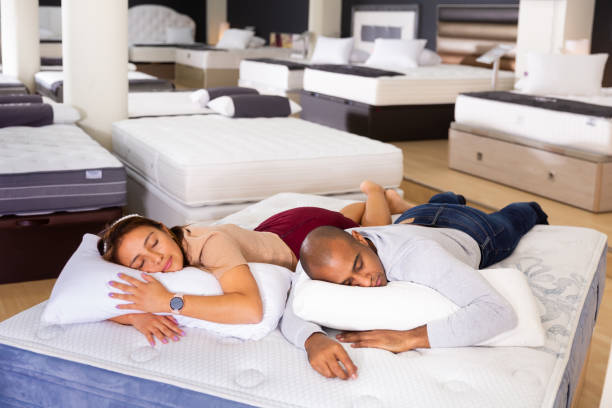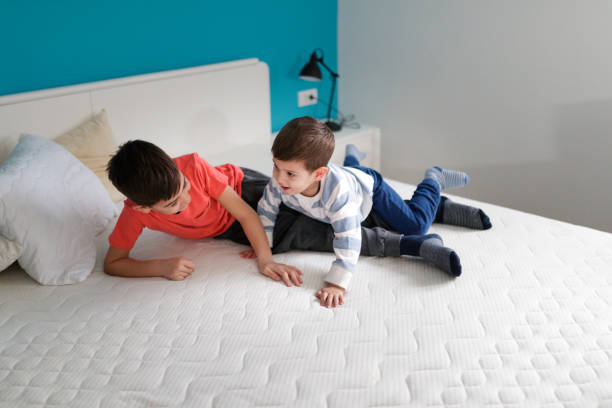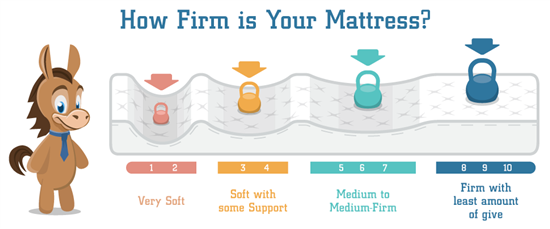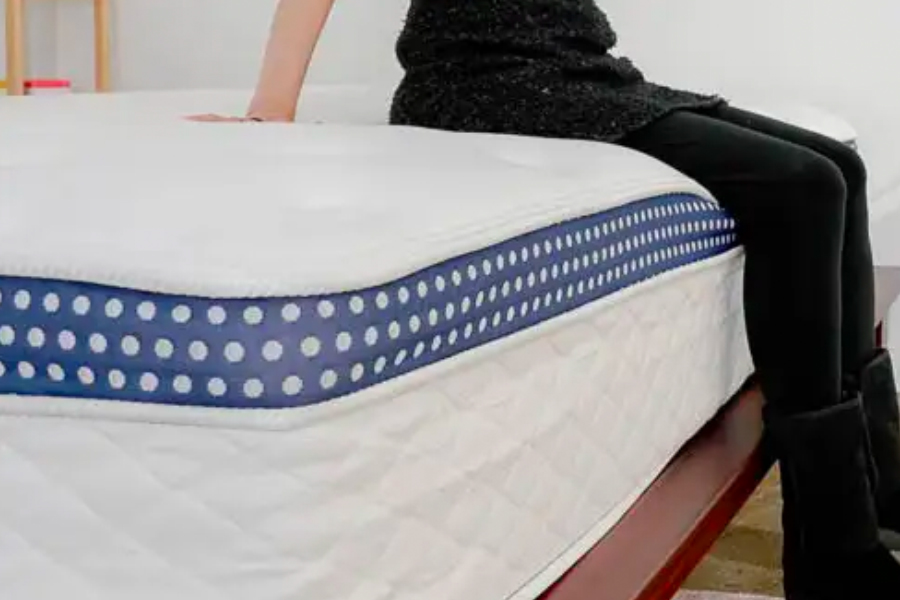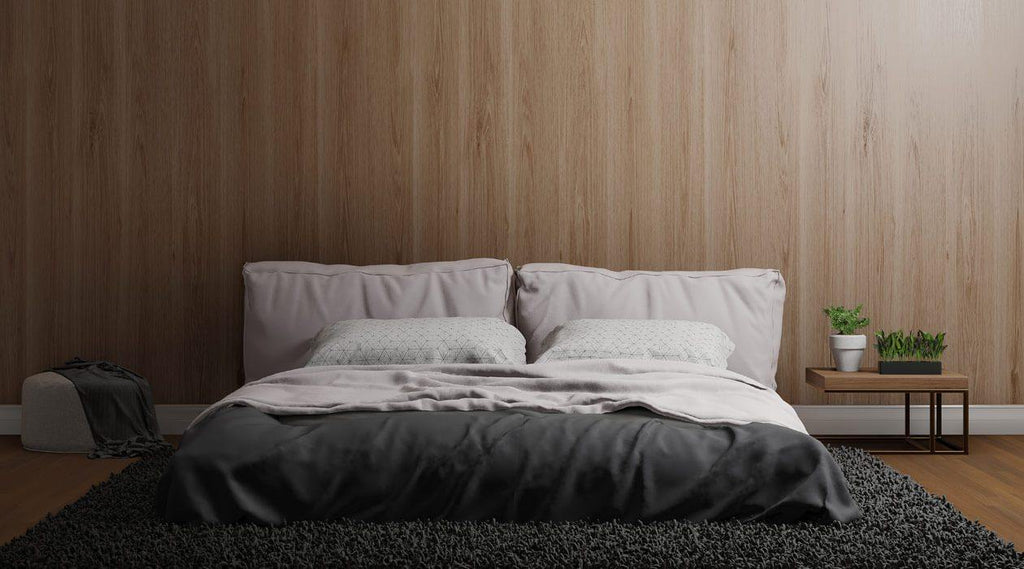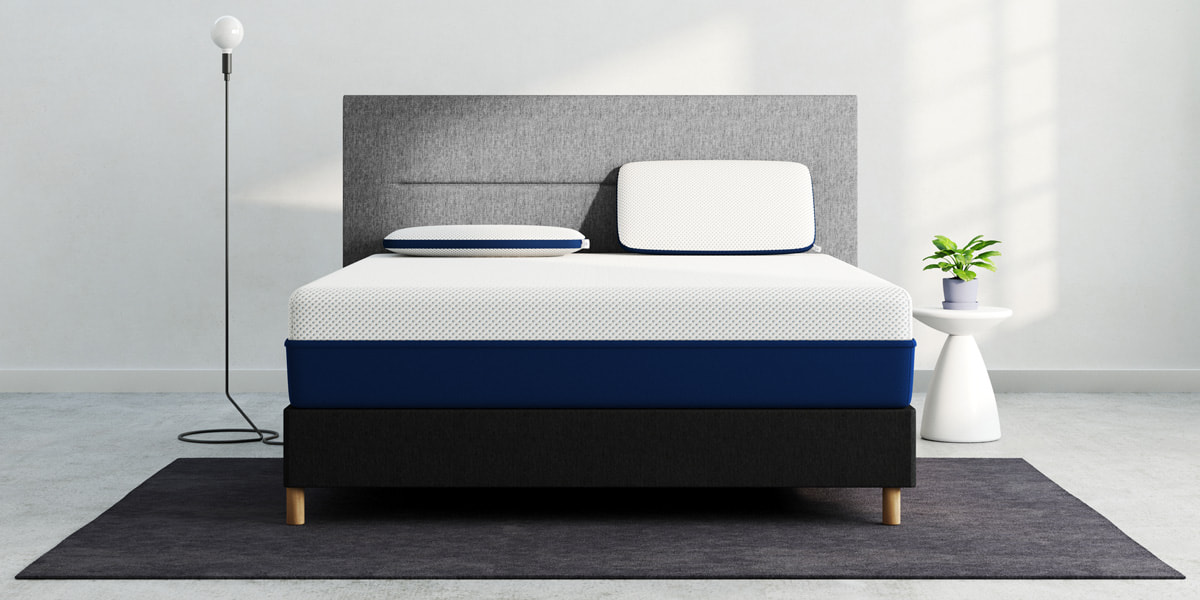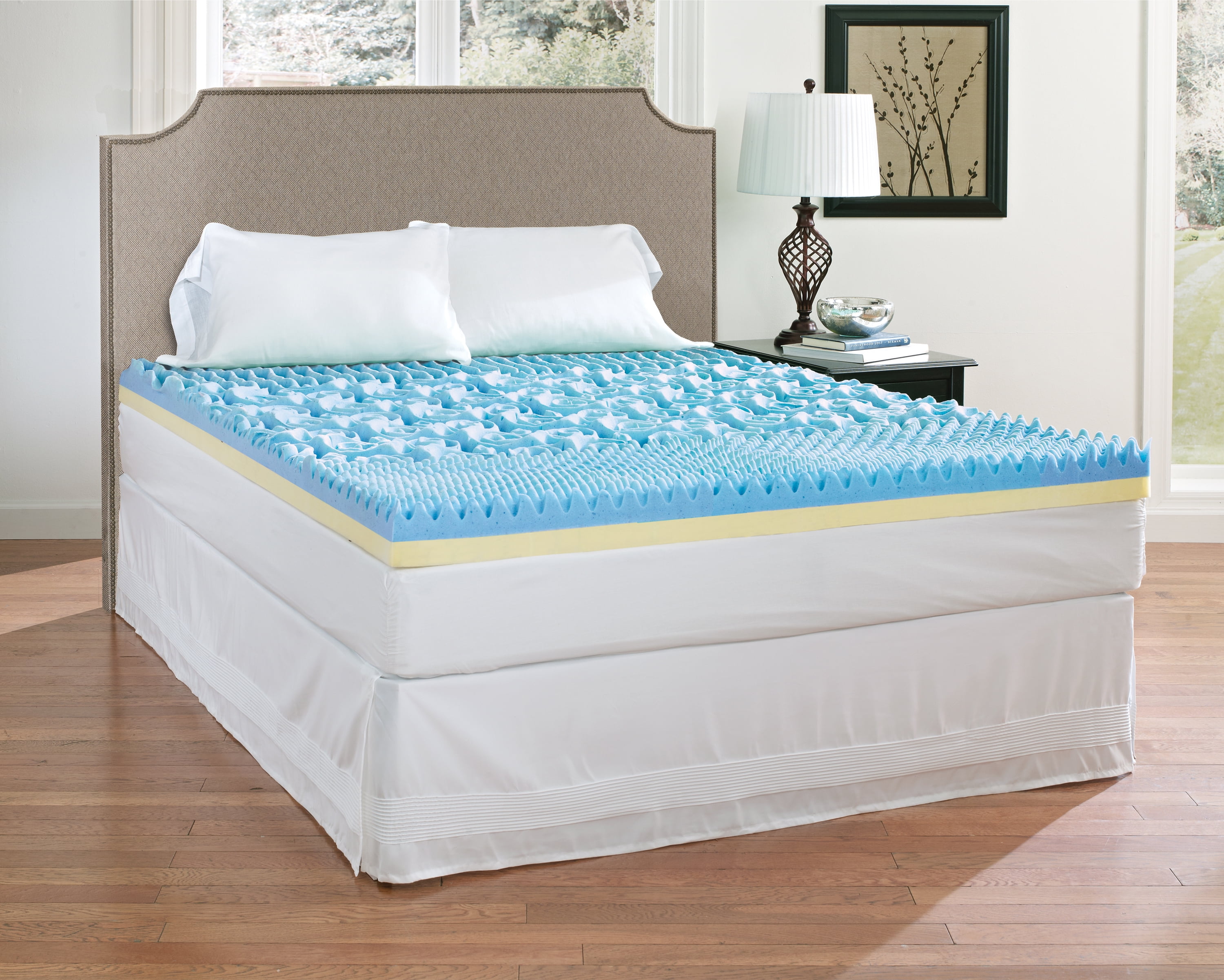1. How Your Mattress May Be Causing Your Sciatica
If you suffer from sciatica, you know how debilitating the pain can be. But what you may not know is that your mattress could be a contributing factor to your discomfort. A bad mattress can worsen sciatica symptoms and even cause them in the first place. Let's take a closer look at how your mattress may be affecting your sciatica and what you can do about it.
2. The Connection Between Mattresses and Sciatica
Sciatica is a condition that occurs when there is pressure or irritation on the sciatic nerve, which runs from the lower back down through the hips and buttocks and into the legs. This pressure can be caused by a variety of factors, including a herniated disc, spinal stenosis, or even pregnancy. But your mattress can also play a role in exacerbating sciatica symptoms.
3. Can a Bad Mattress Cause Sciatica?
While a bad mattress may not directly cause sciatica, it can certainly make the condition worse. A mattress that is too soft or sagging can cause your spine to be misaligned, putting pressure on the sciatic nerve. This can lead to increased pain, numbness, and tingling in the affected area.
4. Choosing the Right Mattress for Sciatica Relief
If you suffer from sciatica, it's important to choose a mattress that provides proper support for your spine. A medium-firm mattress is generally recommended, as it can help keep your spine in a neutral position while also providing cushioning for your pressure points. Look for a mattress with good lumbar support and the ability to distribute your weight evenly.
5. The Best Mattresses for Sciatica Pain
There are several types of mattresses that can be beneficial for those with sciatica. Memory foam mattresses, for example, can contour to the shape of your body and provide targeted support. Latex mattresses offer a similar level of support and can also be hypoallergenic. And for those who prefer a more traditional feel, an innerspring mattress with a pillow top can provide both support and comfort.
6. How to Tell if Your Mattress is Causing Your Sciatica
If you're unsure if your mattress is contributing to your sciatica, there are a few signs to look out for. If you wake up with increased pain or stiffness in your back or legs, or if you feel better when sleeping on a different mattress, these could be signs that your mattress is not providing enough support for your needs.
7. The Role of Mattresses in Managing Sciatica Symptoms
While a good mattress can certainly help alleviate sciatica symptoms, it's important to note that it is not a cure for the condition. Along with a supportive mattress, it's important to practice good posture, engage in regular exercise, and seek proper medical treatment for your sciatica.
8. Mattress Firmness and Sciatica: Finding the Right Balance
When it comes to choosing a mattress for sciatica, it's all about finding the right balance of firmness. A mattress that is too soft can cause your spine to sink in too much, while a mattress that is too firm can put too much pressure on your pressure points. Experiment with different levels of firmness to find what works best for your body.
9. The Link Between Mattresses and Sciatica: What You Need to Know
It's important to understand the connection between mattresses and sciatica so you can make an informed decision when it comes to choosing a new mattress. By selecting a mattress that provides proper support and comfort for your body, you can help manage your sciatica symptoms and improve your overall sleep quality.
10. Tips for Choosing a Mattress to Help with Sciatica Pain
When shopping for a new mattress to help with your sciatica, keep these tips in mind:
The Importance of a Good Mattress for Sciatica Relief

Sciatica is a type of nerve pain that is caused by the irritation or compression of the sciatic nerve. This nerve runs from the lower back, through the buttocks, and down the back of each leg. When this nerve is compressed or irritated, it can cause radiating pain, tingling, and numbness in the legs and feet. While there are various causes of sciatica, one often overlooked factor is the quality of your mattress . Yes, you read that right – your mattress can play a role in the development and exacerbation of sciatica.
The Link Between Mattresses and Sciatica

It may seem strange to think that a seemingly harmless piece of furniture can have an impact on your sciatica, but it makes sense when you consider the main function of a mattress – to support your body while you sleep. A poorly designed or worn out mattress can fail to provide adequate support, leading to improper spinal alignment and increased pressure on the sciatic nerve.
Furthermore, a mattress that is too soft may cause your body to sink in and create an uneven surface, which can also contribute to sciatic nerve irritation. On the other hand, a mattress that is too firm can put excessive pressure on certain areas of the body, leading to muscle tension and discomfort that can aggravate sciatica symptoms.
Choosing the Right Mattress for Sciatica Relief
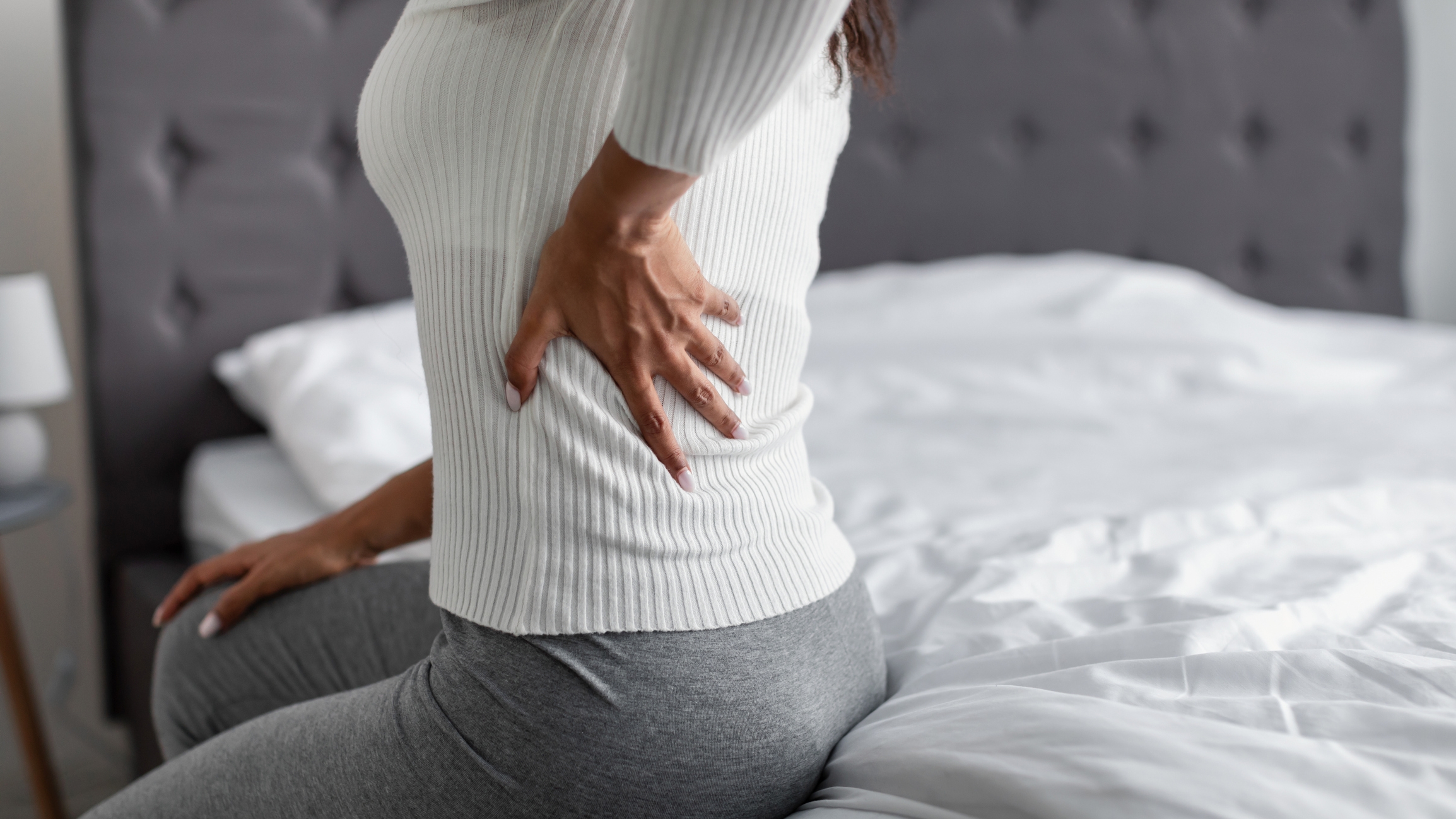
Now that we know the potential link between mattresses and sciatica, it’s important to understand how to choose the right mattress to help alleviate symptoms and promote a good night’s sleep. Medium-firm mattresses are often recommended for those with sciatica, as they provide enough support to maintain proper spinal alignment while also being soft enough to relieve pressure on the sciatic nerve.
Additionally, look for mattresses with pressure-relieving features such as memory foam or latex foam, which can help distribute body weight more evenly and reduce strain on the sciatic nerve. Adjustable beds can also be beneficial for those with sciatica, as they allow for customizable support and positioning to find the most comfortable sleeping position.
Don’t Forget About Pillows

While we often focus on the mattress when it comes to promoting a good night’s sleep, pillows also play a crucial role. For those with sciatica, it’s important to find a pillow that supports the natural curvature of the neck and spine to avoid putting added pressure on the sciatic nerve. Memory foam or contoured pillows may be helpful in this regard.
In conclusion, while a mattress may not be the first thing that comes to mind when considering sciatica relief, it’s clear that it can have a significant impact. Investing in a high-quality, supportive mattress and pillow can make a world of difference in managing sciatica symptoms and improving overall sleep quality.




